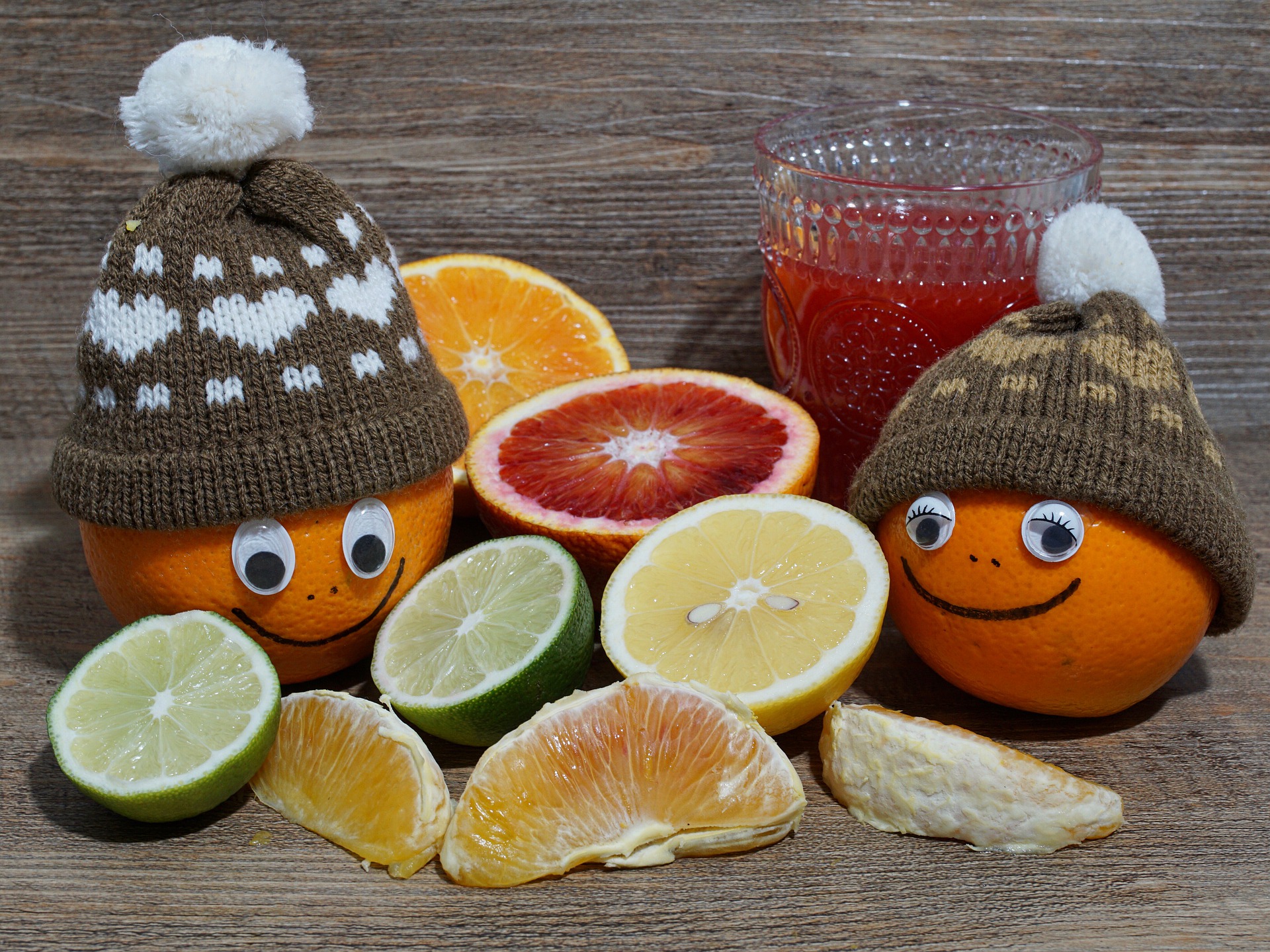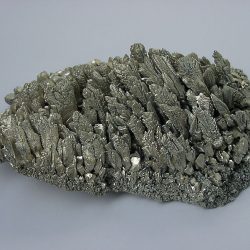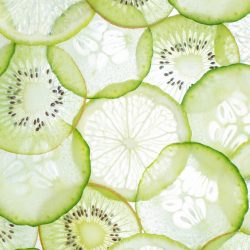Winter is on and it’s more important than ever to help your antibodies fight disease.
One of the tips to do this is to eat foods rich in vitamin C. Here’s why …
What is vitamin C?
Vitamin C is essential for the growth, repair and development of body tissues. It contributes to many vital functions. These include strengthening the immune system, absorbing iron and calcium, producing collagen, and maintaining healthy cartilage, bones and teeth.
What’s more, ascorbic acid – scientifically named, is a powerful antioxidant that helps protect our cells against free radicals and other harmful molecules. To boost their natural defenses, many take a vitamin C cure for the winter period.
But is it really a good idea?
Precautions to stay in shape in winter
Excessively low temperatures make us more vulnerable to disease. Proof of this is the recurring influenza epidemic as soon as winter rolls around. Also, it is advisable to take precautions to protect oneself from the cold, but also from the infections which are rife during the season.
It’s about keeping your body warm, by covering yourself properly, on the one hand. And on the other hand, to treat the contents of your plate so that it provides the body with all the nutrients it needs to function well. And given its essential functions in our metabolism, vitamin C is rightly considered “the vitamin of winter”.
As a reminder, a good intake of ascorbic acid helps reduce fatigue and improves the functioning of the immune system. Two essential conditions to stay in shape all winter. Also, the goal is to get enough vitamin C. The Recommended Nutritional Intakes (ANC) are 110 mg per day for an adult. To get
ideally through foods rich in vitamin C such as fruits and vegetables. Otherwise, in the form of food supplements, if including these food products in your daily menu is not possible.
What about the vitamin C cure for the flu?
In other words, when this daily allowance is respected, overconsumption of vitamin C in drug form is not necessary. Especially since to date, no study has shown that additional absorption of ascorbic acid can completely prevent colds and flu. On the other hand, healthcare professionals agree that vitamin C, through its actions of strengthening the immune system, substantially alleviates symptoms and, above all, reduces the duration of the disease.
In addition, ascorbic acid is credited with energizing virtues and in extenso an active participation in the fight against fatigue. Which is a real plus, knowing that a tired body has a harder time fighting viruses and bad germs more in cold weather. This stimulating effect comes precisely from the recognized functions of vitamin C, for the absorption and storage of iron in the body. Thus, it indirectly participates in boosting energy, iron having proven its effectiveness in combating fatigue and stimulating intellectual capacities. Therefore, a body well supplied with vitamin C is better able to defend itself against viral attacks.
Vitamin C, ally of collagen
Collagen is the protein responsible for the growth and repair of tissues in the body. However, it cannot perform its functions if the body is not sufficiently supplied with vitamin C. This is essential for the synthesis and maintenance of collagen. In other words, we must provide our body with an abundant amount of ascorbic acid to optimize the beneficial actions of collagen. These include:
- Produce and maintain healthy tissues, ranging from skin to muscles, including blood vessels, ligaments and tendons, cartilages and bones;
- Ensure the hydration, resistance and flexibility properties of these same fabrics;
- Protect the epidermis against external aggressions, and particularly the cold;
- Accelerate the healing process following injuries;
- Contribute to filtration in the kidney, in the arterial wall and in the hemo-brain barrier
Foods that provide vitamin C
As a source, nothing beats the intake of fruits and vegetables. You can get the recommended amounts of vitamin C by eating citrus fruits (orange, clementine, grapefruit…) and their juices. Likewise, green and red peppers, kiwi, strawberry, raspberry, cabbage and broccoli are true concentrates of ascorbic acid. It is also known that certain processed foods and beverages are fortified with vitamin C. In which case, this addition must be mentioned on the product label.
Be careful though, because vitamin C is fragile. Prolonged storage or cooking for too long can alter its content in food. This is why they must be eaten raw. But if it is essential, give preference to steaming to minimize losses.
You will understand, the golden rule to face the cold season in good conditions is to check your vitamin C intake. Depending on what, a health professional will determine whether or not you need to prescribe a cure. Generally, it is necessary in case of deficiency and / or when food does not cover daily needs.





